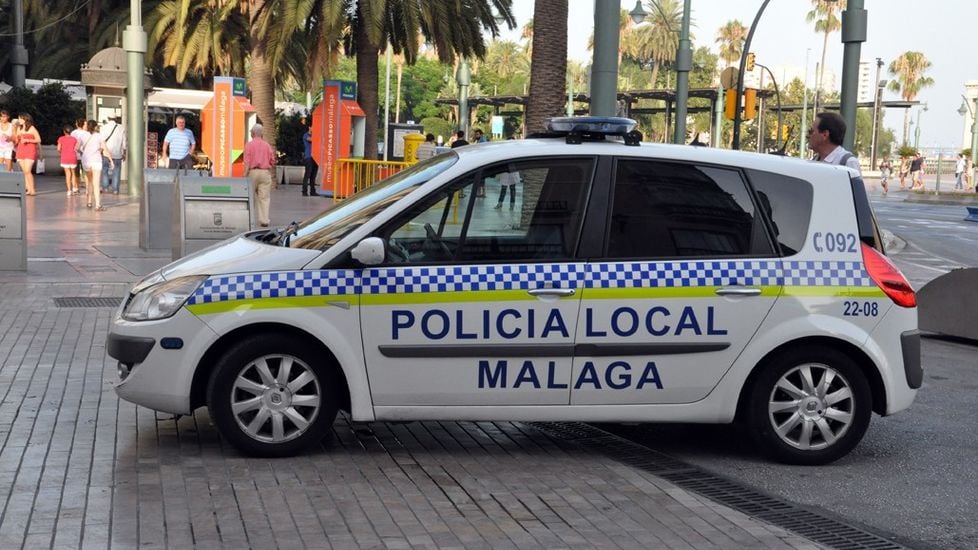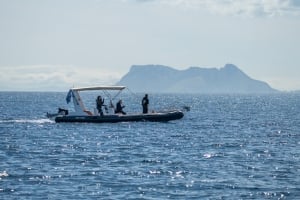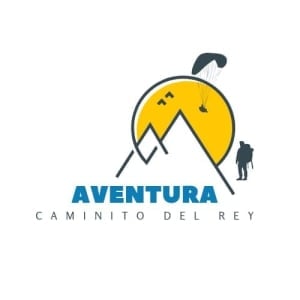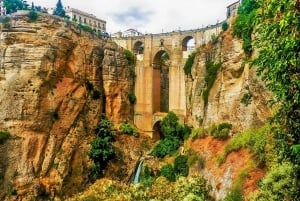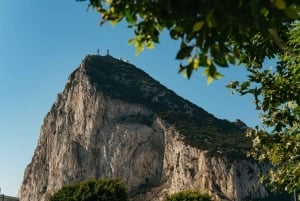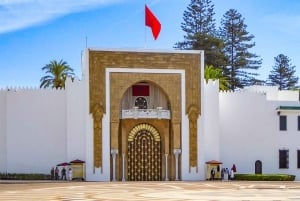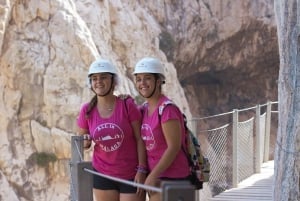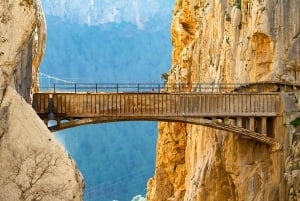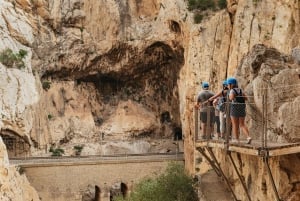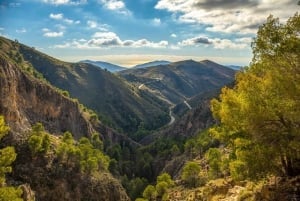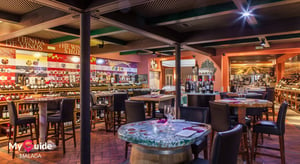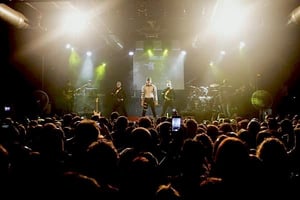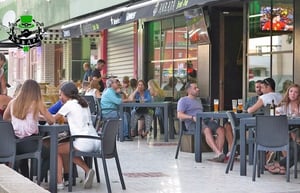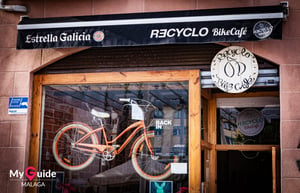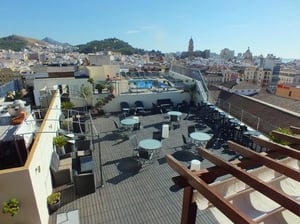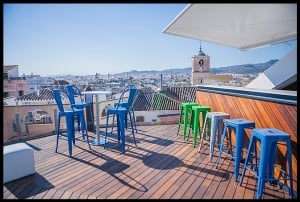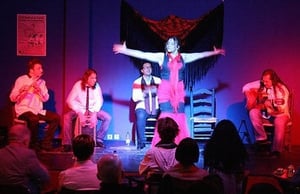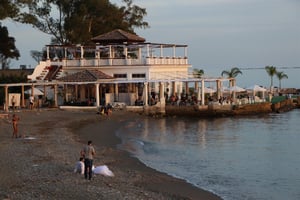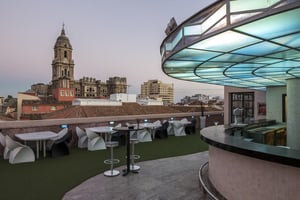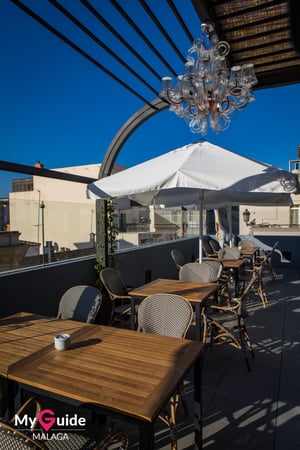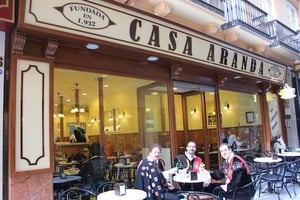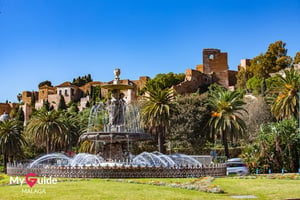Personal safety in Malaga
Malaga is a tremendously safe city, but use common sense to avoid someone ruining your day
Málaga is a tremendously safe city, its people are welcoming and relaxed, and always willing to help and offer a warm welcome. However, as always when travelling, take common-sense precautions to avoid events that will ruin your day. Málaga is much less afflicted by petty crime against tourists than many other European cities, but the usual suspects will always take advantage if you let them.
Málaga offers the dedicated Servicio de Atención al Turista Extranjero, where any tourist who has been the victim of any petty crime or occurrence can seek advice and action. The service offers translators in many languages and specialises in crimes related to tourist visitors.
There is a special mini police station especially for tourists located at the junction of Calle Larios and the Plaza Marina if you feel your rights have been abused.
Do's and Dont's
Don't leave bags on the ground or on the backs of chairs. Make sure you have it attached to you or something.
Don't leave valuable objects visible in pockets, holdalls or on tables
Do close it, fasten it, zip it up or hide it.
Do be aware when making cash withdrawals
Don't let pan handlers or beggars distract you or get physically close
Málaga is a 24 hour city and there are usually people around at any hour, but do observe the same precautions against sexual assault that you would observe anywhere.
Reporting a crime
If you have been victim of theft you will need to make a 'denuncia', a report of the crime, especially if you need to make an insurance claim. You can do this by going to the nearest police station of the National Police or also the tourist police (as opposed to the 'policia municipal').
Alternatively, you can make a telephonic 'denuncia' in English, French, German or Italian by phoning 902 10 112. This only applies to robbery and burglary where force has been used to gain entry to premises or vehicles. Any crime involving threats or violence, you must present the denuncia in person in the Comisaría of the National Police.
Useful phone numbers
National Police 091
Local Police 092
Fire 080
Guardia Civil Traffic department 062
Medical emergency, ambulance 061
Emergencies sexual violence 016
Spain has three types of police!!
All municipalities have local police, the 'policia municipal' who are probably the most visible (and ironically the most well paid). They have responsibility for basic public order and imposition of municipal by-laws, managing the public right-of-way and are the first port of call for any incident.
The National Police sit above the local police in major urban areas, and have responsibility for directly investigating crime and reacting to criminal acts and security issues.
In less urban or rural areas, those functions are covered by the Guardia Civil, who are also the state-wide police who have responsibility for national security, combatting terrorism and major crime.
The Guardia Civil traffico have responsibility for traffic incidents on provincial and national road networks.
Drink driving: the limit on a breathalyzer test is 0,25mg/litre of air, or 0,5g/litre on a blood test. (This is less than the UK 0,35 and 0,8 respectively, and on a par with most EU countries)
Tests will usually be conducted in the case of a traffic accident, and roadblocks are commonly set up to randomly test drivers, at any time of day or night.


